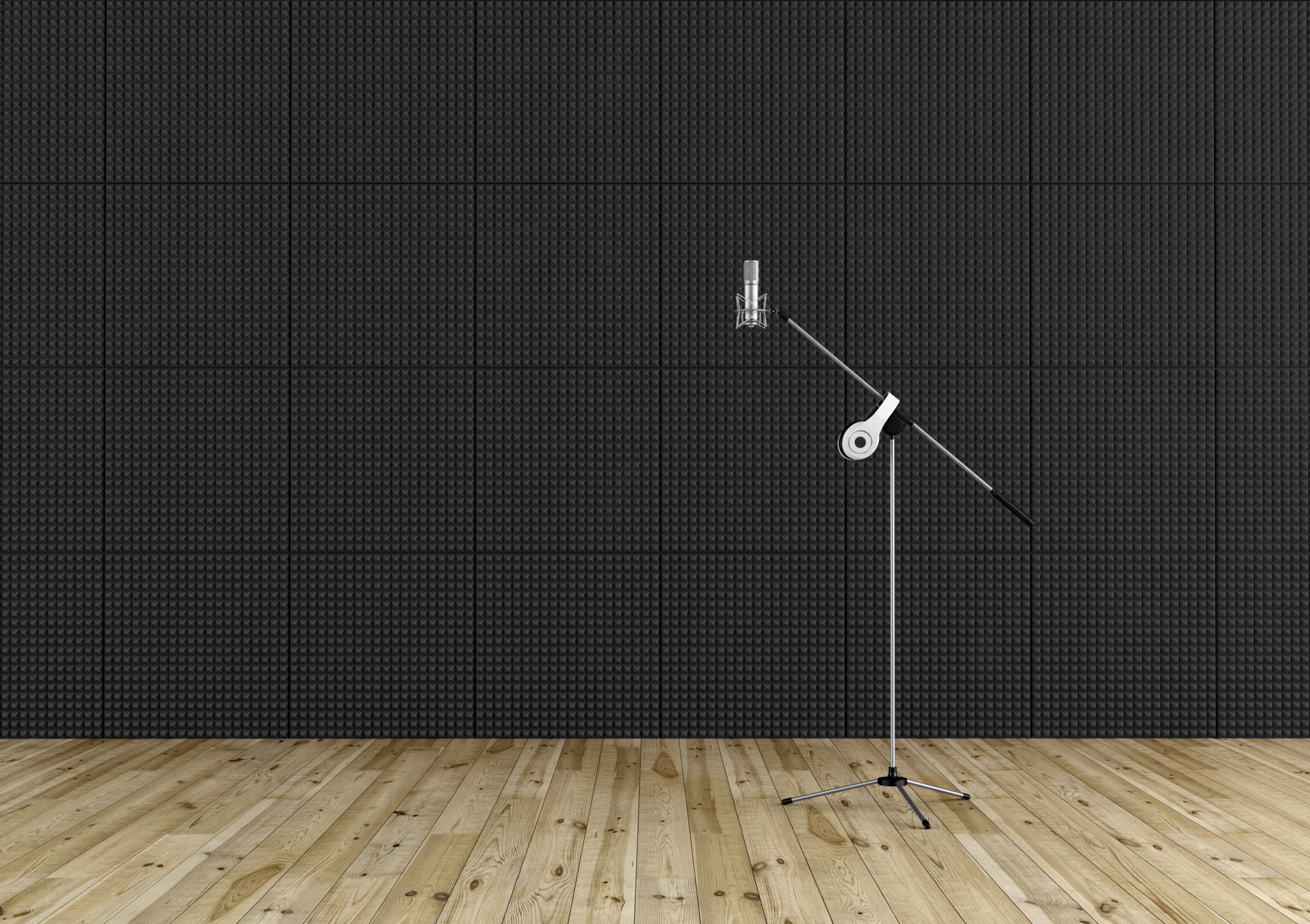Seasonal Recording Tips: Preparing Your Voice for Winter Sessions
Understanding the Challenges of Winter Recording
Recording during the winter months can pose unique challenges for voice artists. The cold weather can affect both the physical environment and your vocal health. It's crucial to be aware of these factors to ensure the quality of your recordings remains consistent. Cold air can dry out your vocal cords, and indoor heating can exacerbate this issue, leading to potential strain or damage.
Additionally, winter often brings with it increased susceptibility to colds and flu, which can impact your vocal performance. Ensuring you're prepared for these seasonal challenges will help maintain the integrity of your voice throughout the winter.

Maintaining Vocal Health in Cold Weather
One of the most important steps in preparing your voice for winter sessions is maintaining proper vocal health. Start by staying hydrated. Drinking plenty of water helps keep your vocal cords lubricated, reducing the risk of strain. Consider using a humidifier in your home or studio to combat the drying effects of indoor heating.
Warm-up exercises are also crucial. Before any recording session, engage in vocal warm-ups to prepare your voice for extended use. This can include gentle humming, lip trills, and sirens. These exercises help increase blood flow to your vocal cords and reduce tension.

Dress Warmly to Protect Your Voice
Your overall body warmth can affect how your voice performs. Dressing warmly, even indoors, can help maintain your core temperature and keep your muscles relaxed, including those around your vocal cords. Scarves are particularly helpful, as they keep your neck warm and can protect your throat area from cold drafts.
Creating a Comfortable Recording Environment
The environment in which you record is just as important as your personal preparation. Ensure your recording space is properly insulated from cold drafts and has a comfortable temperature. This not only aids in keeping your equipment functioning optimally but also contributes to a relaxed recording atmosphere.
Consider soundproofing measures that also help retain heat within the room. Thick curtains or foam panels can serve dual purposes of soundproofing and insulating, creating a more stable environment for recording.

Adapting Your Recording Schedule
Winter months often mean shorter days and longer nights, which can affect your recording schedule. Try to plan sessions during daylight hours when you are likely to feel more alert and energized. Natural light can help improve mood and focus, contributing positively to your vocal performance.
Diet and Lifestyle Adjustments
What you consume can impact your voice significantly. During winter, opt for warm drinks like herbal teas with honey and lemon, which can soothe your throat. Avoid dairy before sessions as it can increase mucus production, potentially affecting clarity.
Ensure you're getting enough rest, as fatigue can weaken your immune system and affect vocal performance. Regular exercise can also support overall health and stamina, beneficial for maintaining vocal strength during long sessions.
